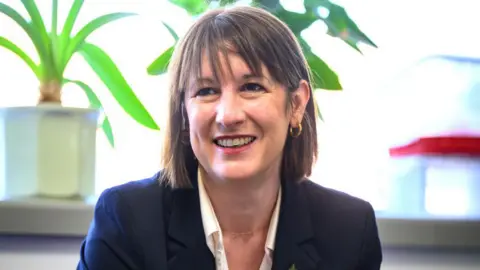China has borrowed almost as cheaply as the US after returning to the global dollar bond market for the first time in three years.
Investors placed nearly $40bn of orders to buy $2bn of bonds issued by China’s finance ministry on Thursday at yields only marginally above equivalent US Treasuries.
The sale took place in Saudi Arabia — a break with a tradition of issuing bonds in Hong Kong — in a sign of Beijing’s push for closer financial links with the oil-rich kingdom. Chinese, US and other global banks arranged the sale.
The issuance “illustrat[es] the confidence of market-oriented investors in Chinese sovereign credit”, said Zhang Xing, head of fixed income in the investment banking department at China International Capital Corp — one of the bookrunning banks.
Zhang added that bidders for the issuance included 400 international investors including “central banks, sovereign wealth funds, insurance companies, asset managers, funds and banks”.
The $1.25bn of three-year debt was sold at 4.274 per cent — just 0.01 percentage points higher than Treasury equivalents. Yields on the $750mn of five-year bonds were 0.03 points higher than Treasuries. These represent the tightest spreads for any Chinese sovereign dollar issuance in the past 30 years, according to Bloomberg data.
Yields on the debt fell further, to around 0.25 percentage points below US borrowing costs, as the new bonds began to be traded on Thursday.
“Such negative spreads could be due to particularly strong demand for high-quality USD credits but limited supply from high-grade China issuers,” said Xiaojia Zhi, head of Asia research at Crédit Agricole — another bookrunner.
Beijing’s older US dollar bonds have already traded below US Treasuries this year, partly due to demand from Chinese investors looking to park dollars they hold offshore. Chinese investors enjoy tax-free interest payments on the country’s government bonds.
“There is a huge demand imbalance [for investment grade sovereign dollar bonds],” said Ju Wang, head of FX and rates for greater China at BNP Paribas, who said historically much of the demand for Chinese sovereign dollar bonds came from domestic investors.
Given the gap in interest rates between the US and China, reflected in lower yields in China’s domestic bond market, Chinese companies “choose to keep money in dollars”, added Wang.
A yield roughly in line with Treasuries, which are considered the international risk-free rate, may also help other Chinese dollar bond issuers that rely on the country’s sovereigns as a benchmark.
At close to 20 times the amount on offer, demand for the Chinese bonds was far ahead of typical emerging market US dollar debt sales, reflecting the relative rarity of international issues by Beijing, a top-rated issuer.
South Africa, for example, was 2.5 times subscribed on a $3.5bn sale this week.
However, some analysts cautioned that $2bn was not a major bond issuance for the world’s second-largest economy.
“This is a symbolic issuance, as the majority of dollar issuance happens in Hong Kong,” said Peiqian Liu, Asia economist in Fidelity’s global macro and strategic asset allocation team, who said the deal “sends more of a signal of their broadening of the scope of financial co-operation globally”.
Beijing does not raise much dollar-denominated sovereign debt and its trillions of dollars of foreign exchange reserves and deep domestic bond market mean that it is not a large part of its government funding.
However, international bond issuances are an important way of providing access to global investors to buy the country’s sovereign debt, as well as setting a benchmark for other issuers.

















































































































































































You must be logged in to post a comment Login